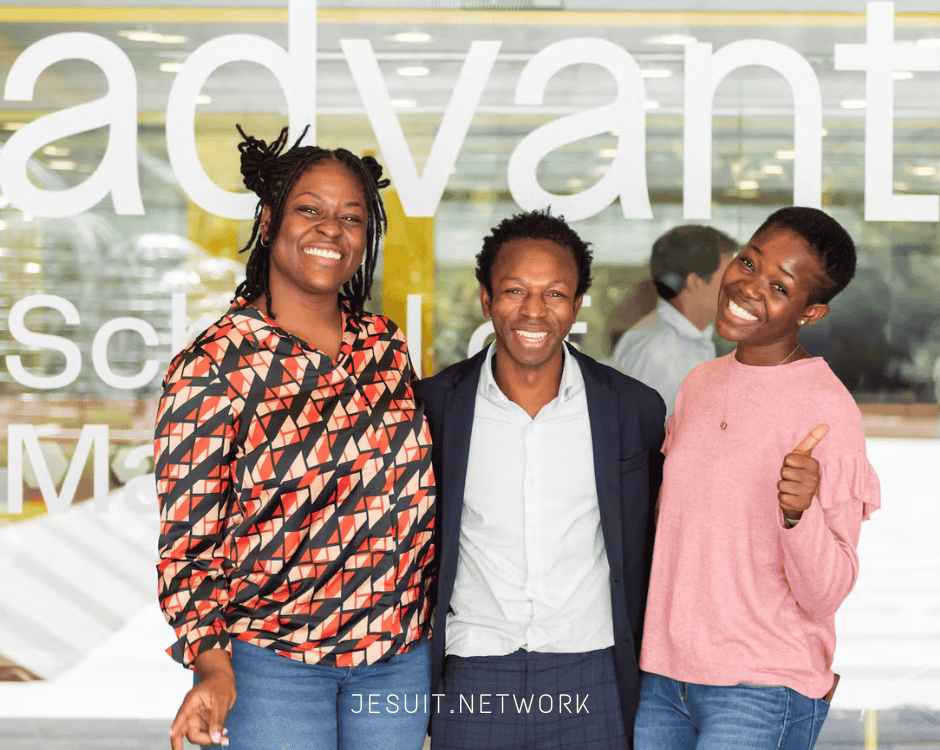This website uses cookies so that we can provide you with the best user experience possible. Cookie information is stored in your browser and performs functions such as recognising you when you return to our website and helping our team to understand which sections of the website you find most interesting and useful.
Jesuits debate how to transform the world together
By Nekane Lauzirika
The University of Deusto was since July 9th the epicenter of Jesuit universities. Until July 12th, around 300 rectors and leaders of more than 200 universities, colleges and Jesuit institutions of higher education from all over the world met at the World Assembly of Jesuit Universities-IAJU, with the motto: Transforming our world together.
The solemn opening ceremony of the World Assembly of Jesuit Universities, held in the district of Deusto, was attended by the Lehendakari, Iñigo Urkullu, King Felipe VI, the Minister of Science, Innovation and Universities, Pedro Duque Rector of Deusto, José María Guibert, and the general head of the Society of Jesus, Fr. Arturo Sosa SJ, among other authorities.
Guibert affirmed that students, regions, science, education, institutions and collaboration are the core of our challenges. “And we want to carry them out by impregnating them with the values that come from our identity: faith, inculturation, dialogue and reconciliation.” “Events like the General Assembly seek to promote healing and reconciliation in local and regional communities through universities,” he said.
The General Superior of the Jesuits, the Venezuelan Fr. Arturo Sosa SJ, stressed that “we have the opportunity to take a giant step in what the service of the Society of Jesus and the university institutions means to the Church and to the world if we grow in the collaboration between us and we managed to unite in the same horizon and ideal the immense work that is done in the universities all over the world”.
CHALLENGES OF THE HUMANITY
Then Cardinal Ravasi spoke and during its presentation “Catholic social teaching and the role of the Jesuit University today” he analyzed some of the main challenges facing humanity in the world today, such as multiculturalism, the fragmented self, the post-truth, secularism and its variants. He also focused his dissertation on two cornerstones of the contemporary world: science and communication. In this regard, he stressed that contemporary science poses new challenges for anthropology, as well as DNA manipulation, neurocognitive sciences and artificial intelligence that poses crucial questions about the meaning of the human being, with important and “turbulent” consequences also from philosophical, theological and ethical perspectives.
The lehendakari, Iñigo Urkullu, also intervened. He acknowledged that the issues that focus the reflections of the Jesuit assembly “are also part of the concerns and challenges facing the Basque society in the future”. And he stressed that the person is the central axis of the Basque project “for which he appreciates the reflection with the education of the marginalized or the economic and environmental justice. As Euskadi invests in social policies to advance in the construction of a more cohesive and that already has more competitive advantages and advanced,” he said. With the words of Felipe VI, who remembered the 500 years of the Society of Jesus, the inaugural act was completed.
[This is an edited and translated version of the article written in Spanish by Nekane Lauzirika and originally published in the website of Deia.]





